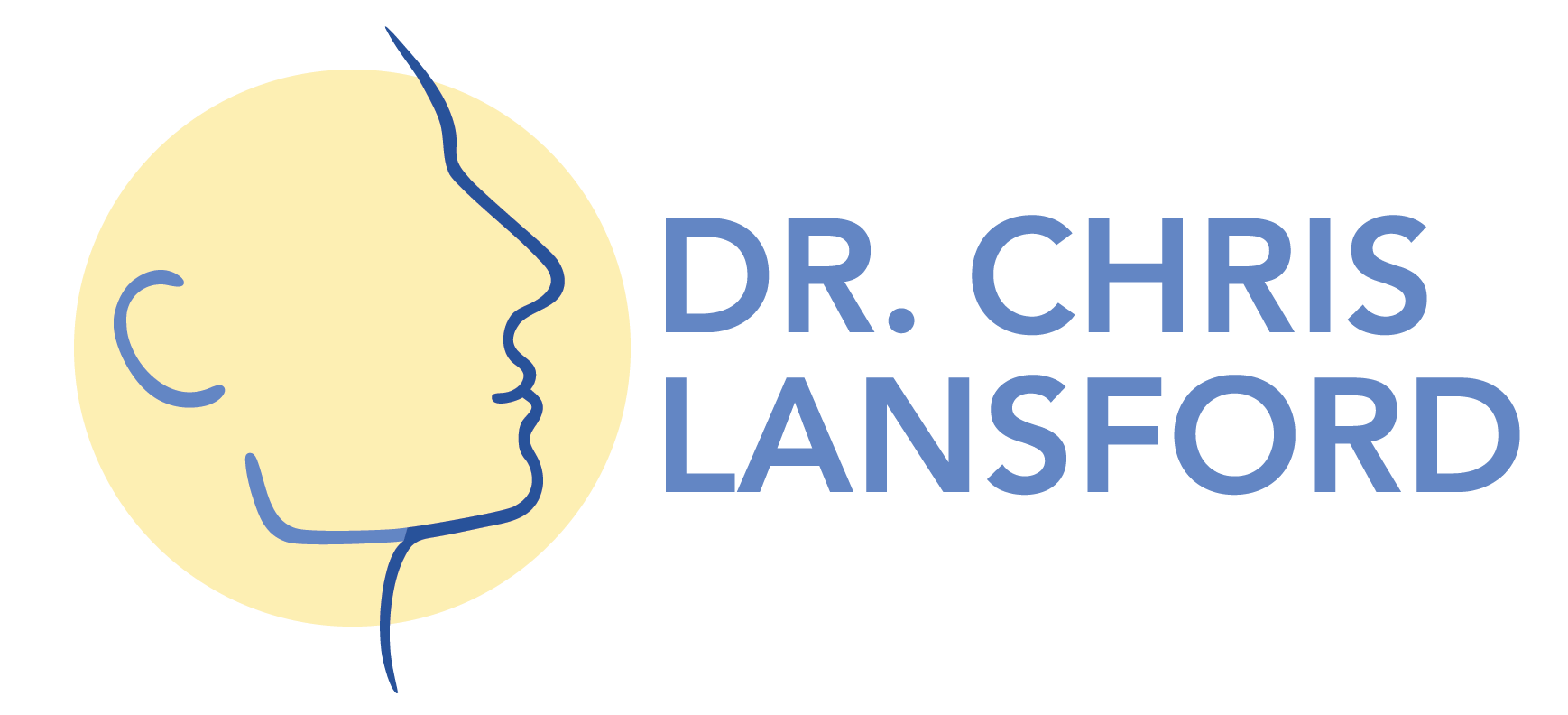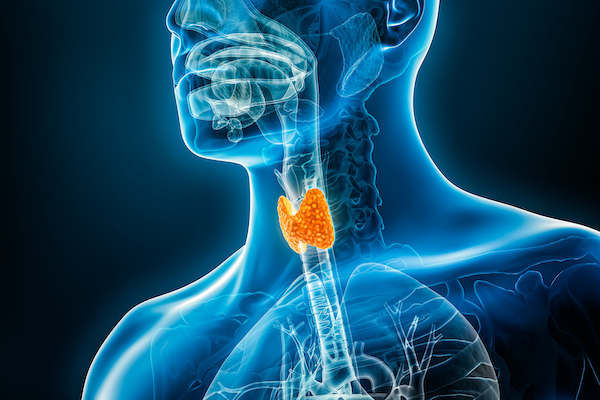Conditions: Hyperthyroidism
Hyperthyroidism is a condition of excess thyroid hormone. It is the opposite of hypothyroidism.
what is hyperthyroidism?
Hyperthyroidism is when the thyroid gland is making and secreting too much thyroid hormone by the normal pathways.
Thyrotoxicosis is a state of increased levels of thyroid hormone in the blood, leading to an increased level of metabolism.
While hyperthyroidism and thyrotoxicosis are very similar, they are not equivalent. Examples of thyrotoxicosis not caused by hyperthyroidism are when an individual takes too much thyroid hormone replacement medicine and when the thyroid spills its thyroid hormone into the blood by thyroiditis or trauma, rather than by an increase in the normal pathway of secretion.
Thyroid storm is an extreme and life-threatening thyrotoxic state.
Thyroid gland
About the thyroid gland
The thyroid gland is a small butterfly-shaped gland located in the neck. The thyroid gland produces thyroid hormone, which is an essential driver of metabolism and many organ functions.
What are the symptoms of hyperthyroidism?
Symptoms that may result from hyperthyroidism include anxiety, jitteriness, sleep difficulty, tremor, a fast or irregular heart rate, feeling warm and unable to tolerate heat, excessive sweating, weight loss, increased appetite, menstrual irregularities, as well as bone density loss.
These symptoms are nonspecific—that is, since each of these symptoms may be caused by conditions other than hyperthyroidism, the presence of one or more of these symptoms does not prove the existence of hyperthyroidism.
Testing for hyperthyroidism
Testing for hyperthyroidism and hypothyroidism typically involves a combination of blood tests and clinical assessments. To diagnose hyperthyroidism, doctors often measure the levels of thyroid stimulating hormone (TSH) with a blood draw. The pituitary regulates thyroid hormone production by releasing more or less TSH into the bloodstream. Normally, when the body needs more thyroid hormone, this is sensed by the pituitary gland and it produces more TSH. Thus, high TSH is generally an indicator of low thyroid hormone. Inversely, when the body has too much thyroid hormone, the pituitary gland produces less TSH. In other words, a low TSH is usually an indicator of hyperthyroidism, and a high TSH is usually an indicator of hypothyroidism
Testing for T3 and T4 levels may also be undertaken to supplement the information gleaned from measuring the TSH level.
Additionally, other tests, like thyroid antibody tests and imaging studies, may be ordered to further evaluate the condition and identify the underlying cause.
What causes hyperthyroidism?
Hyperthyroidism can arise from various factors. Identifying the underlying cause is crucial in the management and treatment of hyperthyroidism, allowing doctors to tailor interventions to address the specific triggers.
One common cause of hyperthyroidism is Graves' disease, which is an autoimmune disorder where the immune system mistakenly attacks the thyroid gland, leading to excessive thyroid hormone production as well as other problems.
Another potential cause is a toxic hyperfunctioning thyroid nodule, also called a toxic adenoma, which thyroid nodule that produces excess thyroid hormone. Not all thyroid nodules produce thyroid hormone.
A viral infection of the thyroid, which lasts weeks to a few months typically and is called subacute thyroiditis, causes painful inflammation of the thyroid gland and may cause temporary hyperthyroidism.
Although most frequently associated with hypothyroidism, a condition called Hashimoto’s thyroiditis, autoimmune thyroiditis, and chronic lymphocytic thyroiditis, may temporarily cause hyperthyroidism early in the course of the disease before causing long term hypothyroidism. Diagnosis is made by blood draw, in which anti-thyroglobulin and anti-thyroid peroxidase antibodies are strongly present.
Certain medications, such as amiodarone or interferon, may also induce hyperthyroidism.
Lastly, in rare cases, hyperthyroidism can arise from a pituitary gland tumor that releases excess TSH and the thyroid gland responds appropriately to this signal by producing excess thyroid hormone.
HOW TO GET THE MOST FROM YOUR APPOINTMENT
Appointment time is valuable. Below are some suggestions to make the most of your appointment. This preparation will help you and your doctor maximize efficiency and accuracy, freeing up time for questions and answers.
This page






